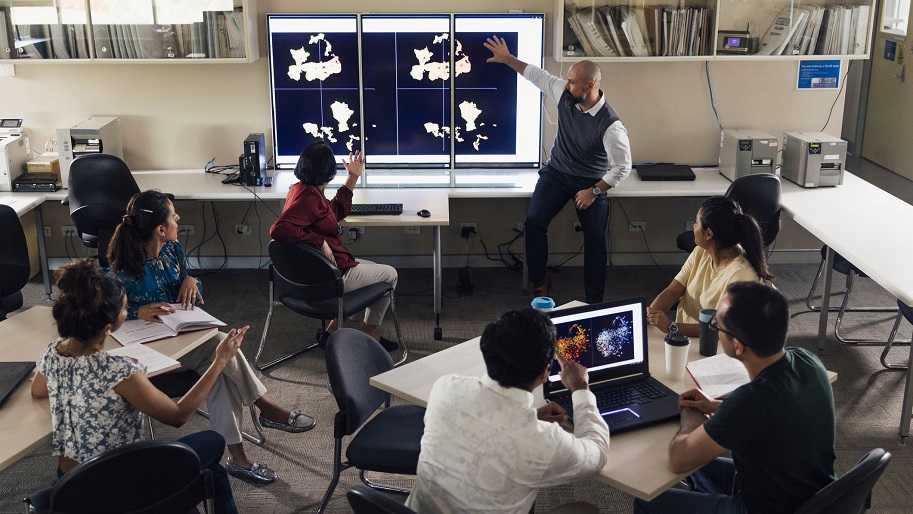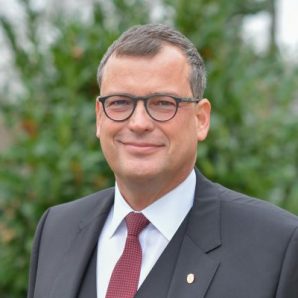The resilient society
 © iStockphoto
© iStockphoto Global crises, conflicts and permanent change are challenging societies around the world and causing them to reflect on and conduct research into their resilience. “The resilient society” has been chosen as the focus topic for the German Centres for Research and Innovation (DWIH) in 2023.
Even the most robust innovation system will suffer setbacks from time to time. So how can these be managed? And what can innovation drivers in science and business do to help ensure that a society remains adaptable in different areas? There are many different answers to this questions , but one thing is certain: “resilience” has gained in relevance worldwide. Defined in the dictionary as “the capacity to withstand or to recover quickly from difficulties”, this has long since become a widely used term, not only in psychology.
Resilience in the face of numerous crises
In 2020, for example, the Fraunhofer-Gesellschaft wrote a piece entitled “Toward a more resilient society”, describing the need highlighted by the coronavirus pandemic to make systems crisis-proof, not only in technological but also in social and economic terms. In September 2022, Germany’s Federal Foreign Office hosted the conference “Strengthening Democracy – Towards Resilient Institutions and Societies in the G7 and Africa” with the aim of working together on an intercontinental basis to draw up joint innovative answers to foster resilient democracies. The global network “Making Cities Resilient” of the UN Office for Disaster Risk Reduction intends to take targeted steps to help cities around the world become resilient and sustainable by 2030.

"Crises like climate change, the coronavirus pandemic and the Russian attack on Ukraine are forcing societies to find answers to ever more complex questions and quickly react to changing circumstances. Through basic and applied research, science can make a decisive contribution to acting constructively in times of multiple crises. The research results that have already been achieved in the areas of health, digitisation, mobility, and secure and sustainable energy supply show where research can support a resilient society."Professor Gerald Haug, President of the Leopoldina, the German National Academy of Sciences
Even just these three examples demonstrate how different the expectations of a resilient society can be. In selecting the new focus topic, the Board of Trustees of the DWIH network had the huge potential of the German Centres for Research and Innovation in mind: located worldwide, they can focus on issues relevant to their particular regions, while illustrating at the same time which areas need to be addressed globally.
From responses to climate change and future-proof solutions in technology and business to the promotion of societal dialogue, which is equally important when it comes to resilience: in 2023, the DWIH will be working intensively to drive forward “resilient societies”. One crucial factor in this is the stability of the DWIH network that is focusing jointly on this topic around the world.
